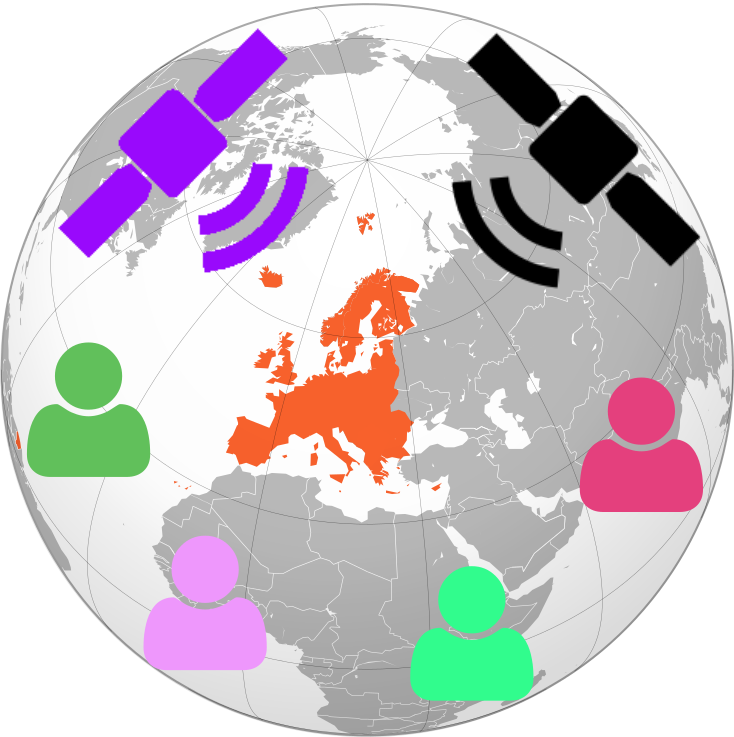
|
|
|
|
Context Land-cover (LC) is defined as the observed physical cover on the Earth surface. Objects and surfaces are segmented into classes. Their number, type, and definition (nomenclature) vary with the application and the geographical scale. LC description is the core information layer for many interdisciplinary scientific and environmental studies. Accurate and up-to-date maps over large areas are mandatory baselines. A large number of public policies, in particular in the European Union, are driven by such knowledge: climate change mitigation, reduction of risks and threats, global sustainable development. Remote sensing through automatic Earth-Observation image analysis has been widely recognized as the most feasible approach to derive LC information over large areas. It is now accepted that manual or semi-automatic generation of LC geodatabases through visual inspection of EO images is not a sustainable answer for current needs. Such issue is exacerbated with the increasing demand for semantic and geometric accuracy, and updateness.
About the workshop The MAESTRIA project will organize workshops related to large scale land-cover mapping during the 2019-2022 period in order to collect users' expectations, validate choices and identify remaining challenges. This first one-day meeting will be held on 3rd December 2019 in Paris and its main objective is to gather international land-cover experts from several organizations (ESA, JRC, universities and private companies) which have been working with and generating land-cover maps users for a long time. The specific goals of this first meeting will be to collect complementary points of view, share recent achievements and identify remaining challenges. The program is available here. The following questions will be specifically addressed:
The deadline for registration was 28 November 2019. Registration was free of charge.
Confirmed speakers
MAESTRIA project The MAESTRIA project (Multi-modAl Earth obServaTion Image Analysis, 2019-2022) is funded by the French National Research Agency (ANR). It aims to solve several methodological challenges related to the fully automatic analysis of the massive amount of Earth Observation images. We target to generate land-cover/land-use descriptions at country scale at many spatial resolutions and sets of classes. Its ultimate goal is to provide a continuum of spatially and semantically consistent products, relevant for public policies at local or national levels and scientific models (climate modeling, urban planning, crop monitoring, etc.).  The output of the MAESTRIA project will be two-fold: The output of the MAESTRIA project will be two-fold:
Organizers
|
| Online user: 2 | Privacy |

|
